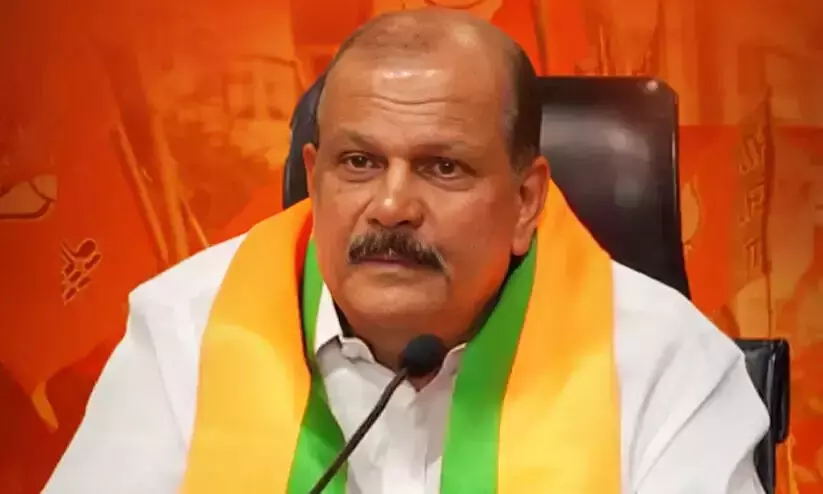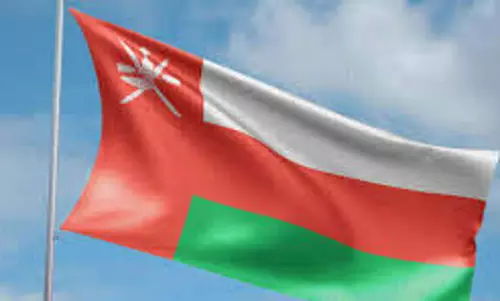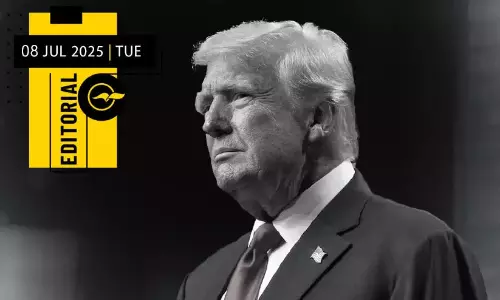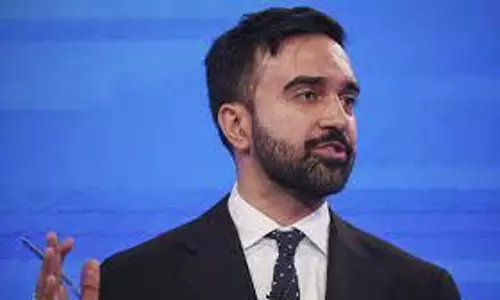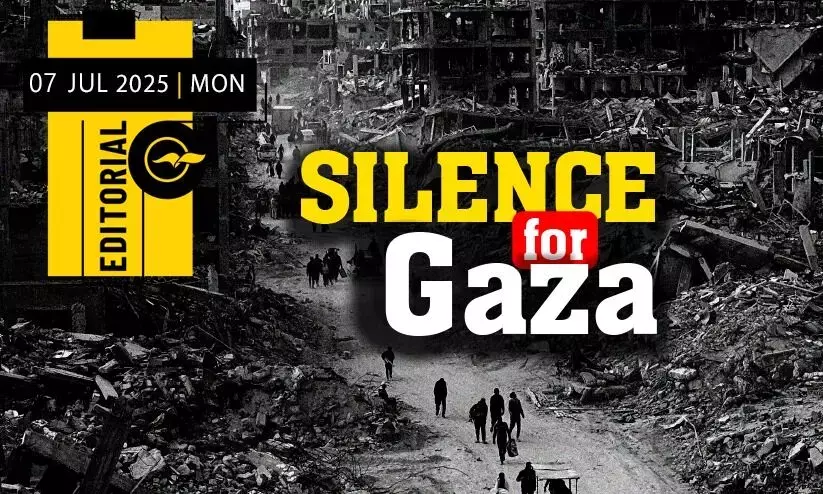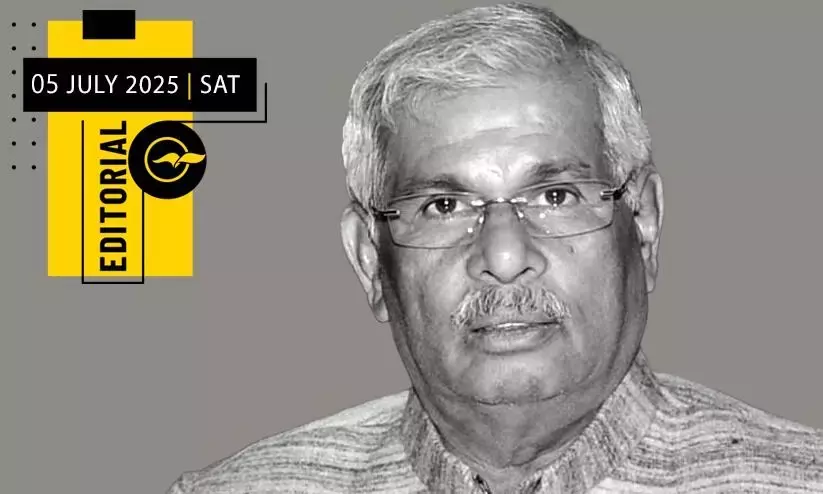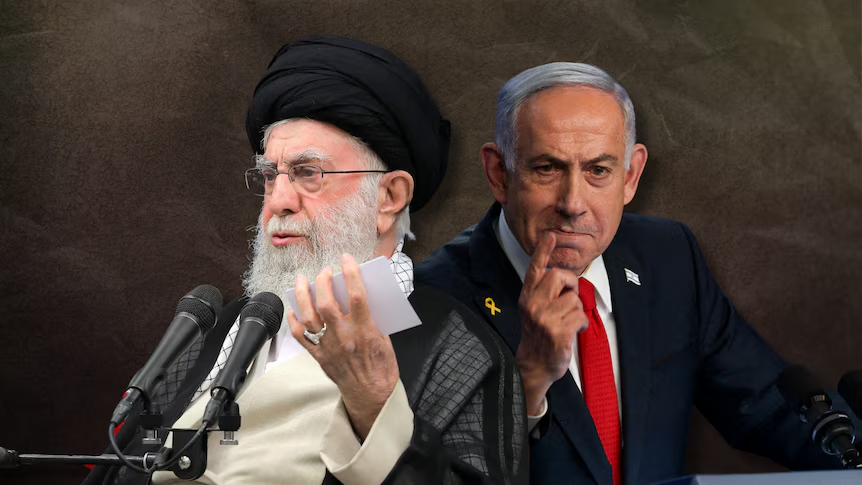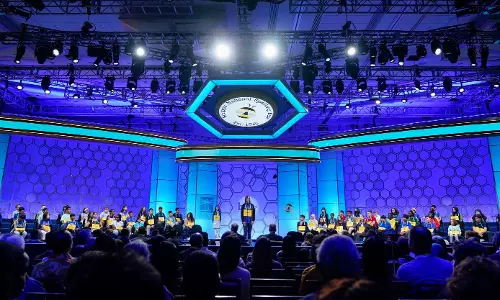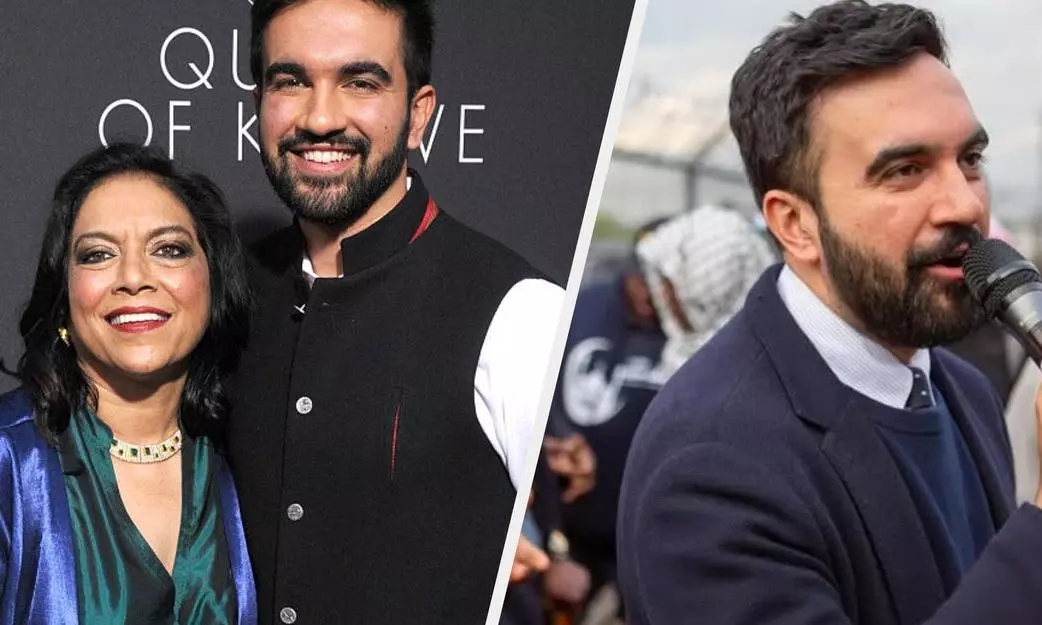
Mira Nair’s son, Zohran, leads NYC race to be first Muslim mayor despite Zionist opposition
text_fieldsZohran Mamdani, the son of acclaimed Indian filmmaker Mira Nair and poised to become the city’s first Muslim mayor if elected, has emerged as the leading contender in New York City’s mayoral race, as the Board of Elections begins the crucial round of second-choice tallies under the city’s ranked-choice voting system.
With neither Mamdani nor former Governor Andrew Cuomo crossing the 50% threshold in the initial count, the redistribution of votes from third-placed progressive Brad Lander, who secured 11.4%, is expected to favour Mamdani, who had cross-endorsed with him in the final week of campaigning.
Mamdani’s strong showing has unsettled the Democratic establishment, which had largely consolidated behind Cuomo, whose campaign was backed by high-profile centrist figures including Bill Clinton and Michael Bloomberg, and heavily financed by corporate donors.
While Cuomo’s candidacy marked an attempted return to political relevance following his 2021 resignation over multiple allegations of misconduct, Mamdani’s campaign was defined by grassroots energy, youth mobilisation, and a platform centred on economic justice for working-class New Yorkers.
However, Mamdani’s rise has also drawn sharp opposition from right-wing Zionist groups and conservative media outlets, who have linked his Muslim identity with his pro-Palestinian stance to suggest hostility towards Jewish interests. His refusal to back resolutions supporting Israel’s founding and Holocaust remembrance, as well as his alignment with voices critical of Israeli policy, have been cited by critics as grounds for disqualification, with editorials in the New York Post describing his campaign as dangerous and divisive.
While Mamdani has rejected antisemitism and focused on his commitment to all communities across the city, including Jewish neighbourhoods, these attacks have continued to frame him as an ideological threat to established political norms.
The backlash intensified following Mamdani’s past use of slogans such as “globalise the Intifada,” which were interpreted by opponents as incitement, despite his campaign’s insistence that such expressions were symbolic of transnational resistance and not intended as calls for violence.
Although centrist and conservative Jewish leaders amplified these concerns, progressive Jewish groups and civil society organisations have pushed back, arguing that criticism of Israeli policy should not be conflated with antisemitism, and have defended Mamdani’s broader political commitments to social equity and housing justice.






